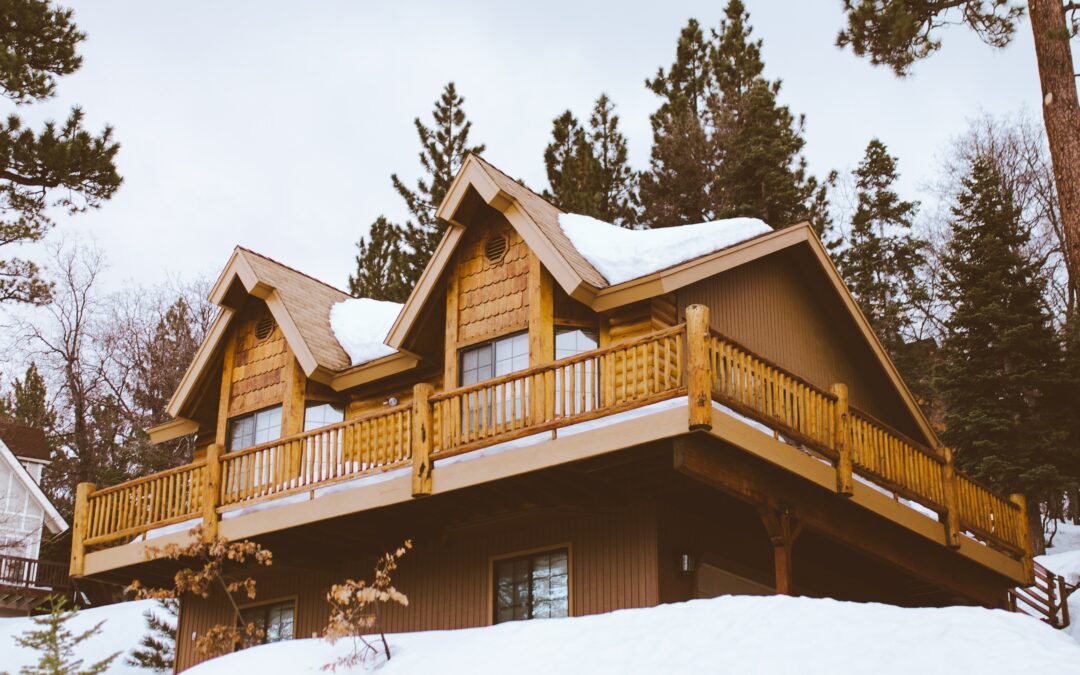Vacation properties are often overlooked when it comes to investing in real estate, but they are an incredibly useful asset. They can offer the investor a unique opportunity in real estate investing. My wife and I have invested in them over the years. We scouted areas that were depressed in price and had a high supply of properties to choose from. We were prepared to hold for 5-7 years or even 10 years if necessary.
One particular property was a beautiful ski condo located right on the slope of a major Colorado ski resort. Because the owner had himself purchased another property on Cape Cod he was anxious to sell. In that transaction, we set the record for the lowest price per square foot on any condo in that area. The market turned in 12 months and we sold for $100,000 profit. REMEMBER YOU MAKE MONEY WHEN YOU BUY NOT WHEN YOU SELL.
I want to make sure you know some of the advantages in investing in Vacation Properties.
1. Short Term Rentals
These are people who will rent the property over a weekend or high vacation season, which is typically from December through March. You can have a management company that will handle everything so this asset can be hands-off. My goal is to only rent the property part of the year, during the vacation season. I’m using the property the rest of the year basically for no cost. The folks that are renting that property are paying that property down while I’m enjoying the appreciation and use of the property.
2. Substitution
Whenever you take a vacation somewhere, the cost can get pretty high. Take the amount of money you would have spent on a vacation and allow that amount of money to help you purchase a vacation property. You create value when you’re done with the vacation, and you’ll have an asset to produce extra income. You can have a great time at your own vacation property with your family and create years of traditions.
3. Capital Gains Exclusion
If the vacation property is considered a second home at the time that you sell it, you can use it as a part of your retirement portfolio. Let me explain that: for it is to be considered a second home, you must live in that home 2 of the previous 5 years before you sell it. You actually can make up to $500,000 as a married couple tax-free on that property. All of those years you get the tax advantages, you get the enjoyment, there was low maintenance, low headache, you got to substitute your vacation dollars and the government still allows you to pocket $500,000 tax-free.
People will pay a strong five figure a year income tax bill and never consider how a vacation property could help lower their taxes. If you’re in a 25% tax bracket and you purchase that $300,000 property, you would save around $6,000 to $6,500 dollars a year just off of your taxes alone.
4. Leverage
If you put $10,000 in the stock market, it would buy $10,000 in assets. A 10% return on that investment annualized, that’s a $1,000 return that you made on your $10,000 investment. In real estate, however, you can actually take the same $10,000 in cash, and instead of purchasing $10,000 in stock, you can purchase $100,000 in real estate. This happens because you would have 10% down ($10,000), and a lender will loan you the other 90%. I now have a $90,000 loan on the property. If that property returns 10%, I would get a $10,000 on $100,000. This gives me 100% cash-on-cash return on the $10,000 that I put in. Additionally, you will receive cash flow, which would ideally be $100 a month on this example property. That’s $12,000 a year.
Appreciation is also huge advantage, especially in real estate. If you have a property that is worth $300,000 and it appreciates 6% in a year (which has been the average for the past 40 years) that’s an $18,000 return on that $300,000 property.
Another advantage of vacation properties is the equity build up. If you do a fixed rate loan every time that you make a payment, you’re actually paying down the principle that you owe on that particular property.
5. Control
When you purchase stock in the stock market, you have no control of whether that stock goes up or down. You do have control of when you buy it and when you sell it, but you have no control over what actually happens to the stock itself. In real estate, you can control how you market that property to increase the return. You can also you can improve the property by putting new carpet in, new countertops or cabinets in it, fixing the bathrooms up. You can create value. When you rent and when you’re going to use it, and when you’re going to sell it are all under your control.
6. Insurance
You can’t insure from loss stock like you can in real estate. I had fires in several of my properties over a course of years. In both cases, I came out good because I always carry good insurance. You need to be over-insured, especially in the areas of hurricanes, floods, other natural disasters, and fires.
The advantages of owning vacation property are incredibly powerful and they’re a very strong investment. If you are interested in learning more about vacation properties, I encourage you to attend my real estate workshop in October. I will teach you how to find the best markets to buy in, how to manage vacation properties, calculate income and much more! If you are ready to take the next step towards your financial goals, click here to purchase tickets! If you would like to learn more about the event, click here.
I hope to see you there!



